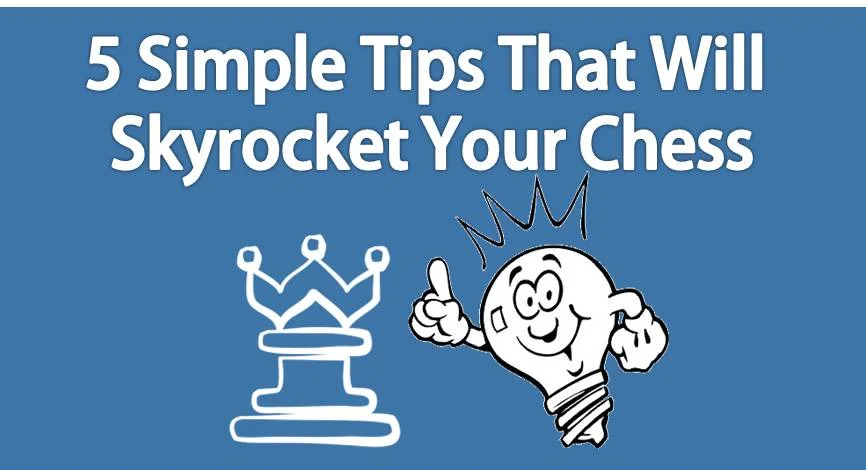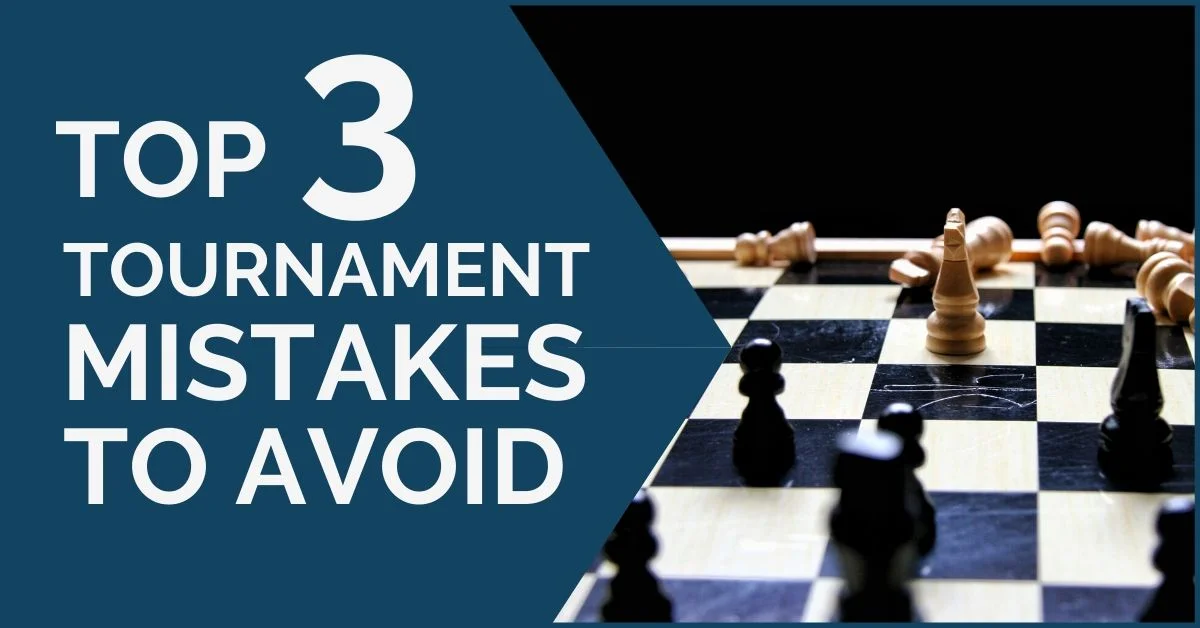3 Rules That Will Help You to Become a ‘Harder-to-Beat’ Chess Player
Have you ever noticed that it is easy to play against some chess players and it’s is almost impossible to beat the other ones. You may say, of course some players are weaker and thus easier to play against, some players are stronger and thus harder to play against. But did you ask yourself a question why is this player considered strong while the other one is weak. Is that because he has openings encyclopedia build into his head, Nalimov’s endgames tables let him play perfect endgame or he can calculate zillions moves ahead? Not necessarily. All chess players want to become this sort of hard-to-deal with chess machines. But how can you do that? Is it necessary to memorize thousands opening lines and theoretical endgames?
Definitely memorizing theory wouldn’t hurt you chess. I don’t personally think that becoming and opening expert is what defines a ‘hard chess opponent’.
The general idea is that it is a lot harder to play against an opponent that creates problems on the chess board. Just think about it for a second. Imagine you’re playing a game of chess against an opponent A, who just plays some sort of semi-useless prophylactic moves all the time: no forks, no threats, and no mating attacks. With this kind of opponent you can do whatever you want on the chess board. You can build a very strong position, put your king to safety, put knights at the center, bishops on open diagonals, rooks on open files and pretty much automatically win the game.
Imagine another scenario: the opponent B always creates some sort of difficulties on the board. Because of his smart moves now you end up with a bad bishop and knights that have nowhere to go. You would like to get active and to attack, but instead you need to respond to his immediate threats, if you want to keep the material equal and not get mated. We call this type of opponent ‘hard’, because he creates problems for you to solve. The rule of thumb is this: the more problems a player is capable of creating, the stronger chess player he is. Now, once you know the true difference between ‘strong’ and ‘weak’ chess players it is time to give you some tips and pointers on how to become a hard-to-deal-with-player.
General rule #1
Do not play the moves just because you can, it’s not the point of chess to make moves. Making some moves is easy, making good moves is difficult and making the best moves is almost impossible. Before making a move, think what problems would this move impose on your opponent? The best move is the one that does multiple things at once, such as develops your own pieces, threatens to win some material and prevents your opponent from any dangerous actions. Good move is the one that forces your opponent to play something he does not want to play. If the move you play does not create any threats and does not make your opponent’s life harder, it’s most likely not a good move. Look for a better one.
Remember, the point of making moves at chess is to create problems for your opponent! The more problems you create for your opponent the safer your own King will be.
General Rule #2
Do not exchange pieces just because you can. Before making any exchanges or trading material think how would you benefit from it. You probably know that exchanging a Knight for a Queen is usually a good deal (of course if you not getting mated next move, aka sacrifice). What if you need to decide which piece is better in current position knight or bishop or even your knight or opponent’s knight? Here things are a little bit more ambiguous than 9 vs. 3 points like in Queen vs. Knight example. As a general rule you should compare the Bishop vs. Knight by the amount of open space available on the board, meaning the more open the position is the stronger the Bishop and weaker the Knight is. It works backwards as well, meaning less open space makes a Knight stronger and a Bishop weaker.
What if you need to compare two Bishops? The more active piece is usually better than a less active piece. If your Bishop is active you should not exchange it for passive bishop or knight of your opponent. For more precise position analysis information, you may want to review this article.
Strong players do not exchange pieces without any compensation; if they do exchanges they try to get superior pieces over the opponent’s, which suit better for the position on the board.
General Rule #3
You should be especially careful about exchanging pieces when the game is approaching endgame stage. When exchanging last set of pieces and going into Kings and Pawns endgame make sure that your pawns are not worse than you opponent’s. If the following conditions apply it’s definitely not a favorable time to play the Kings and Pawns endgame:
- You opponent has more pawns than you do
- Your opponent has passed pawns and can promote it’s pawns before you do
- Your opponent’s King is more active
- Your opponent’s pawns are more advanced and cannot be approached by your King
Again, these are just general rules and not dogmas. Each rule has exceptions, for example if your opponent’s pawn promotes first but your pawn promotes second but with a check to the opponent’s King, then you are doing okay.
As a general rule, you should remember that if you have a bad position for Kings and Pawns endgame you should avoid any piece exchanges and exchange pawns. By doing so you will have more chances creating problems for your opponent and increasing your chances for a favorable outcome of the game.
Comments and suggestions are always appreciated : )










Comments: